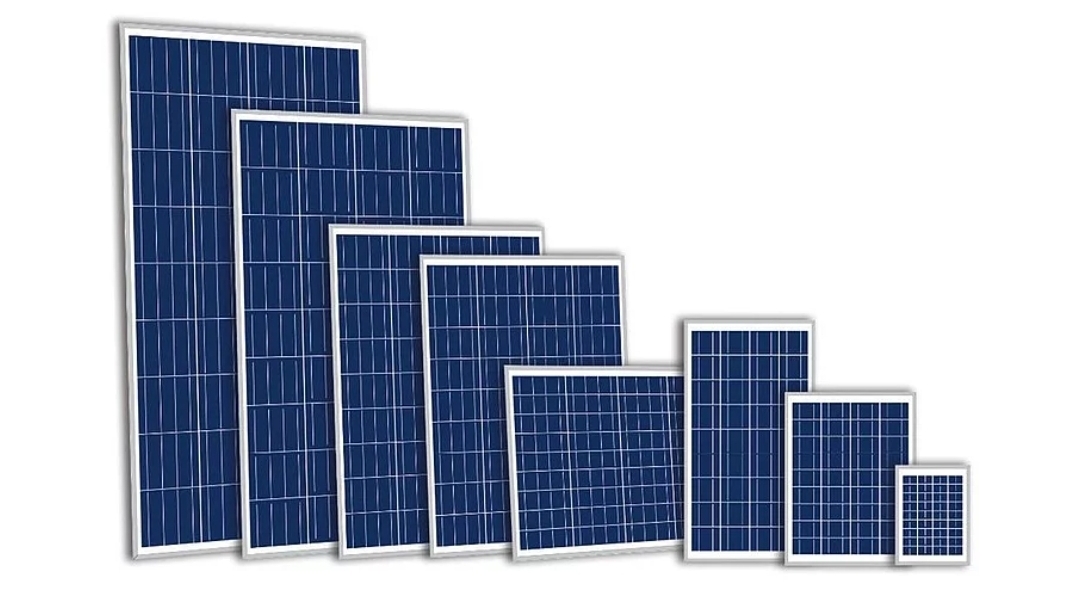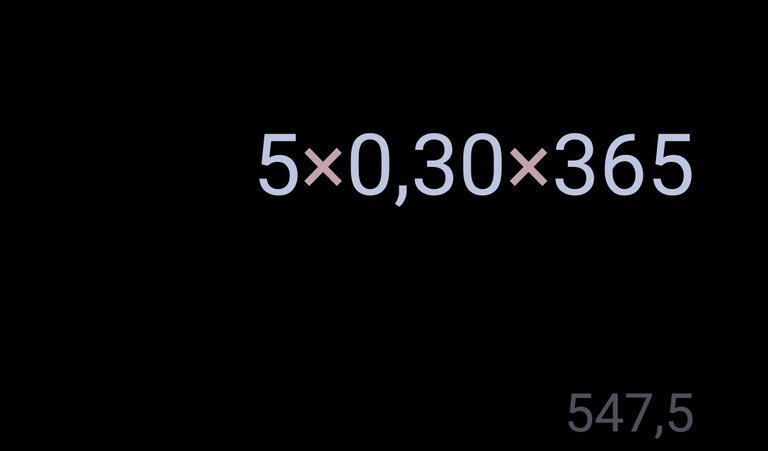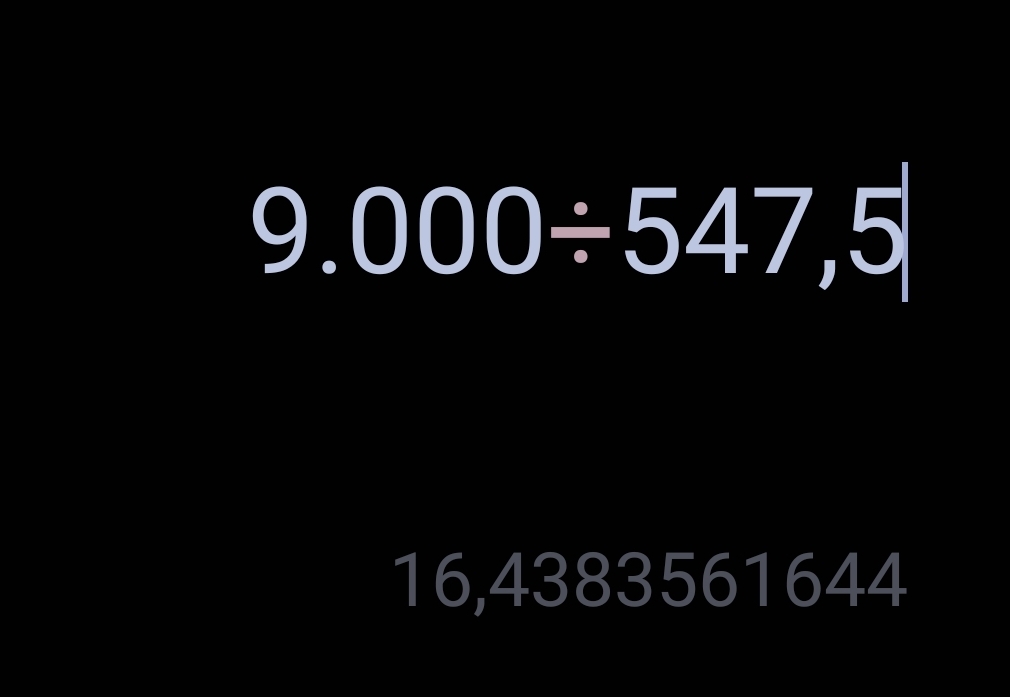Mieten oder kaufen - diese Frage stellen sich Solaranlagen-Interessierte. Die Stiftung Warentest untersuchte das Für und Wider der jeweiligen Lösungsmöglichkeiten und testete inkognito diverse Anbieter.

Eine Alternative zu den teuren Strompreisen sind Solarzellen auf dem Dach. Mit einer Photovoltaikanlage lassen sich die Kosten für den Reststrom auf einen Bruchteil senken. Doch die Anschaffung dieser Solaranlagen ist teuer und auch das Mieten solcher ist nicht günstig. Aber kann sich Solarstrom trotzdem lohnen und macht ein Kauf einer solchen Anlage vielleicht mehr Sinn?
Für ein sonnenverwöhntes Haus in Augsburg lies sich die Testerin der Stiftung Warentest von verschiedenen Anbietern Angebote aufstellen. Zunächst kontaktierte sie sowohl eine regionale Firma, als auch einen überregionalen Anbieter. Beide Firmen stellten ihr Angebote für den Kauf einer Photovoltaikanlage auf.
Der regionale Anbieter empfahl der Testerin mit einem Jahresstromverbrauch von 3 500 Kilowattstunden, eine Anlage mit einer Spitzenleistung von 7,77 Kilowatt (kW) und einen Speicher mit einer Nutzkapazität von 5 kWh. Die Kosten inklusive der Montage würden hier bei 19.230 Euro liegen.
Der zweite und überregionale Anbieter empfahl eine Anlage mit 9,9 kW Leistung und einem Speicher mit 7,6 kWh Kapazität. Obwohl die Anlage deutlich größer als im ersten Angebot ist, machte dies für 19.650€ keinen großen Unterschied.
Diese Investition lohne sich schon in zwölf Jahren. Doch knapp 20.000 Euro sind viel Geld, die nicht jeder zu Verfügung hat.
Das bieten Miet-PV-Anlagen
Ein weiterer Anbieter berät die Testerin zu einem Miet-Modell. In Zukunft werden die Strompreise zwischen 3 und 4 Prozent jährlich steigen, deshalb müsse sie in rund 25 Jahren doppelt so viel für ihren Stromverbrauch bezahlen. Mit der eigenen Solaranlage auf dem Dach könne sie die Kosten für den Reststrom auf ein Minimum senken riet der Verkäufer.
Die Miete inklusive eines Rundum- Schutzpaketes würde monatlich 113 Euro kosten, ein 5,1 kWh Speicher zusätzlich 61 Euro im Monat. Die Solaranlage könne sie dann nach 20 Jahren für einen Euro kaufen. Klingt erstmal gut, jedoch summiert sich eine monatliche Miete von 174 Euro auf 41.760 Euro in 20 Jahren. Finanziell macht die Miete einer Photovoltaikanlage also keinen Sinn.!
Ich zitierte aus folgendem Artikel...
Mein persönliches Fazit:
Meine eigenen Erfahrungen und meine Faszination Strom und Geld selbst zu erzeugen lassen mich zu der festen Überzeugung kommen, dass man jetzt nicht unüberlegt eine PV-Anlage kaufen sollte.
Wer seine Investition in eine PV-Anlage möglichst schnell amortisieren möchte, sollte nie mehr Module kaufen, als der eigene Jahresstromverbrauch beträgt.
Wer allerdings Angst hat, in Aktien oder Kryptowährungen zu investieren, der ist mit der Rendite, die eine PV-Anlage in 40 Jahren abwerfen kann, besonders gut beraten. Vorausgesetzt, man lässt sich von der Elektrofirma nicht über den Tisch ziehen. Preisvergleiche sind hier das A und O.
Der Preisvergleich von der Stiftung Warentest hat eindeutig gezeigt, dass es keinen Sinn macht eine PV-ANLAGE zu mieten. Ich zweifle ausserdem an ,dass es Sinn macht einen Speicher zu erwerben.
Ein Speicher kostet ca. 9.000€ . Selbst wenn du 5KW Speichern kannst bei 30 cent Stromkosten...

Brauchst du zwar für 547,50€ im Jahr weniger für Strom einkaufen aber...

Erst nach ü16 Jahren hat sich dieser amortisiert.
Wer jedoch nicht in einen Speicher investieren möchte, hat dann die Möglichkeit seinen Strom in eine Cloud zu geben. Dafür soll man dann 20 € Gebühren zahlen, nur um seinen Strom im Winter wieder zurückzubekommen.
Für mich persönlich ein weiterer cleverer Verkaufstrick um den Investoren das Geld aus der Tasche zu ziehen!
Mein persönlicher Tipp: PV-Anlage ab dem nächsten Jahr kaufen, nicht höher dimensionieren als der eigene Jahresstromverbrauch, den überschüssigen Strom an den Grundversorger verkaufen.
Wie ist deine Meinung?
English
Rent or buy - this is the question for those interested in solar systems. Stiftung Warentest examined the pros and cons of the respective possible solutions and tested various providers incognito.

An alternative to the expensive electricity prices are solar cells on the roof. With a photovoltaic system, the costs for the residual electricity can be reduced to a fraction. But the purchase of these solar systems is expensive and renting them is not cheap either. But can solar power still be worthwhile and does buying such a system perhaps make more sense?
For a sun-kissed house in Augsburg, the tester from Stiftung Warentest had offers made by various providers. First she contacted both a regional company and a national provider. Both companies made offers for the purchase of a photovoltaic system.
The regional supplier recommended the tester with an annual power consumption of 3,500 kilowatt hours, a system with a peak output of 7.77 kilowatts (kW) and a storage system with a useful capacity of 5 kWh. The costs including assembly would be around 19,230 euros.
The second and nationwide provider recommended a system with an output of 9.9 kW and a storage unit with a capacity of 7.6 kWh. Although the system is significantly larger than in the first offer, for €19,650 it didn't make a big difference.
This investment will pay off in twelve years. But almost 20,000 euros is a lot of money that not everyone has at their disposal.
This is what rental PV systems offer
Another provider advises the tester on a rental model. In the future, electricity prices will rise between 3 and 4 percent annually, which is why she will have to pay twice as much for her electricity consumption in around 25 years. With her own solar system on the roof, she can reduce the costs for the residual electricity to a minimum, the seller advised.
The rent including an all-round protection package would cost 113 euros per month, a 5.1 kWh storage additional 61 euros per month. She could then buy the solar system for one euro after 20 years. Sounds good at first, but a monthly rent of 174 euros adds up to 41,760 euros in 20 years. Financially, renting a photovoltaic system makes no sense.!
I quoted from the following article...
https://efahrer.chip.de/news/photovoltaik-kaufen-oder-mieten-stiftung-warentest-komm-zum-klaren- judgement_1013190
My personal conclusion:
My own experiences and my fascination with generating electricity and money myself have led me to the firm conviction that you shouldn't buy a PV system without thinking about it.
If you want to amortize your investment in a PV system as quickly as possible, you should never buy more modules than your own annual electricity consumption.
However, anyone who is afraid of investing in stocks or cryptocurrencies is particularly well advised to consider the return that a PV system can generate in 40 years. Provided you don't let the electrical company cheat you. Price comparisons are the be-all and end-all here.
The price comparison by Stiftung Warentest has clearly shown that it makes no sense to rent a PV SYSTEM. I also doubt that it makes sense to purchase memory.
A memory costs about €9,000. Even if you can save 5KW at 30 cent electricity costs...

You need to buy less electricity for €547.50 a year, but...

It only paid for itself after 16 years.
However, if you do not want to invest in storage, you have the option of putting your power into a cloud. You should then pay a fee of €20 just to get your electricity back in winter.
For me personally another clever sales trick to pull the money out of the investors' pockets!
My personal tip: Buy a PV system from next year, do not dimension it higher than your own annual electricity consumption, sell the excess electricity to the basic supplier.
What is your opinion?



